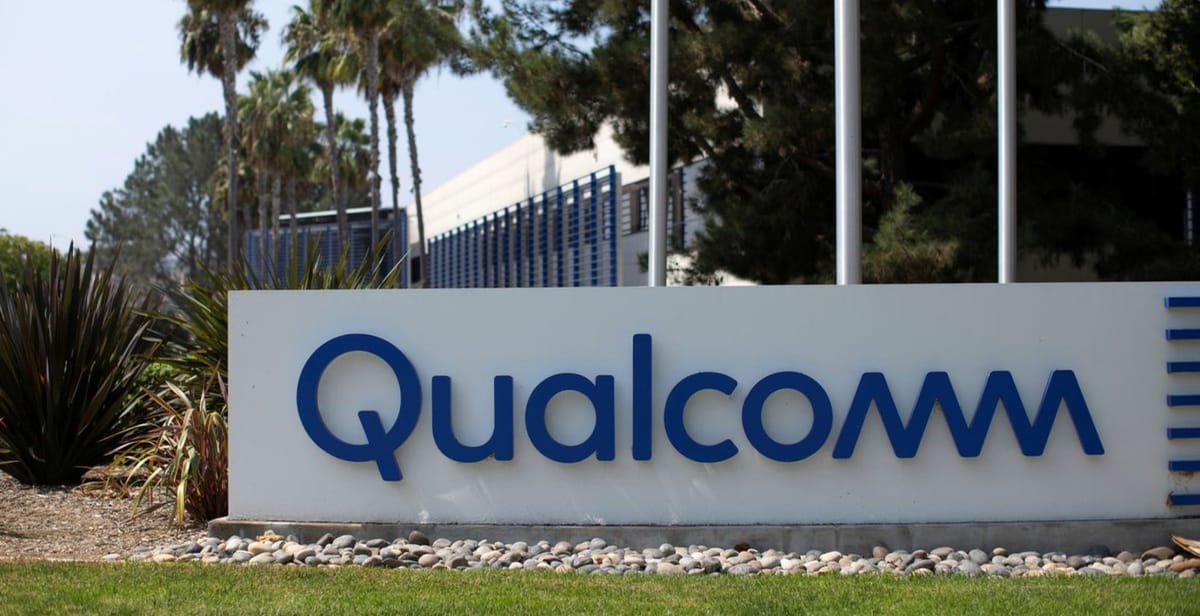Qualcomm has acquired the generative AI division of Vietnamese AI research company VinAI for an undisclosed sum, marking the chipmaker's second AI acquisition in 2025 as it continues to invest in edge AI capabilities.
Key Points:
- VinAI founder and CEO Dr. Hung Bui will join Qualcomm following the acquisition
- This is Qualcomm's second AI acquisition in 2025, following Edge Impulse in March
- The acquired division will contribute to Qualcomm's smartphone, PC, and automotive products
The San Diego-based chip giant announced Tuesday it has purchased MovianAI, formerly the generative AI division of VinAI, a Hanoi-headquartered AI research company that's part of the Vietnamese conglomerate Vingroup.
Qualcomm is rapidly expanding its appetite for AI talent and technology as it positions itself at the forefront of edge computing (AI that runs on devices rather than in data centers) which CEO Cristiano Amon recently described as a "tailwind" for the company.
VinAI, founded in 2019 by former Google DeepMind research scientist Dr. Hung Bui, has built a reputation in AI research with approximately 200 employees across offices in Hanoi, the United States, and Australia. While primarily focused on automotive AI products like in-cabin monitoring and "smart parking" systems, the company has also conducted broader AI research in computer vision, language models, and other generative AI technologies.
"This acquisition underscores our commitment to dedicating the necessary resources to R&D that makes us the driving force behind the next wave of AI innovation," said Jilei Hou, Qualcomm's Senior Vice President of Engineering, in the acquisition announcement.
The talent acquisition appears to be a central motivation for the deal. Dr. Bui will join Qualcomm following the close of the acquisition, bringing his expertise in generative AI and machine learning to the chipmaker's growing AI division.
"We are ready to contribute to Qualcomm's mission of making breakthroughs in fundamental AI research and scale them across industries, including smartphones, PCs, software-defined vehicles, and more," said Dr. Bui in a statement. "Our team's expertise in generative AI and machine learning will help accelerate the development of innovative solutions that can transform the way we live and work."
This acquisition continues Qualcomm's pattern of AI-focused investments in 2025, coming shortly after its purchase of Edge Impulse, a German AI and Internet of Things company, in early March. The company appears to be aggressively building out its AI capabilities to maintain competitiveness in the evolving chip market, where AI processing has become a key differentiator.
For Vietnam's technology ecosystem, the acquisition represents both a win and a loss – validation of the country's growing AI talent pool, but also the departure of a homegrown AI division to a global tech giant. Qualcomm noted that it has been working with the Vietnamese technology ecosystem for more than 20 years, helping fuel growth in the country's information and communication technology industry.
Financial terms of the acquisition were not disclosed, consistent with Qualcomm's approach to its previous Edge Impulse purchase earlier this year.

